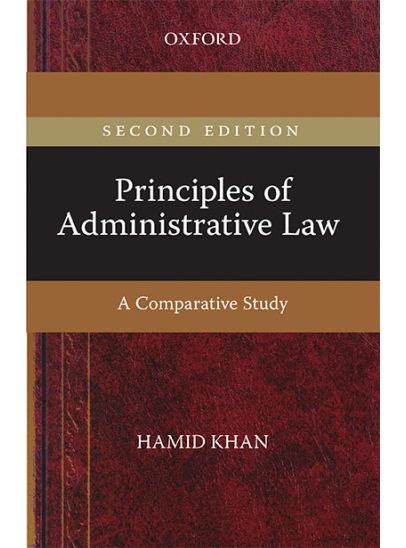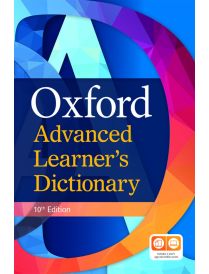Principles of Administrative Law: A Comparative Study
The second edition of Principles of Administrative Law: A Comparative Study has been revised and updated and includes a detailed Table of Cases.
Administrative Law is a key subject in the field of public law and forms an essential study for lawyers, judges, law students, law teachers, and administrators.
This book is a comparative study of the principles of administrative law as developed by the superior courts in Pakistan, India, Britain, and the US. It elaborates the essential principles and concepts of administrative law including administrative action, administrative discretion, administrative adjudication, delegated legislation, administrative tribunals, the ombudsman, and judicial review of administrative action and discretion.
This book covers all aspects of administrative law as taught in LLB and LLM courses in law colleges throughout Pakistan.
 Weight in kg
0.45
Weight in kg
0.45
 Rights
World
Rights
World
 Year of Publication
2020
Year of Publication
2020
 Binding
Paperback
Binding
Paperback
 Pages
520
Pages
520




 Bulk Order
Bulk Order Request a Quote
Request a Quote
